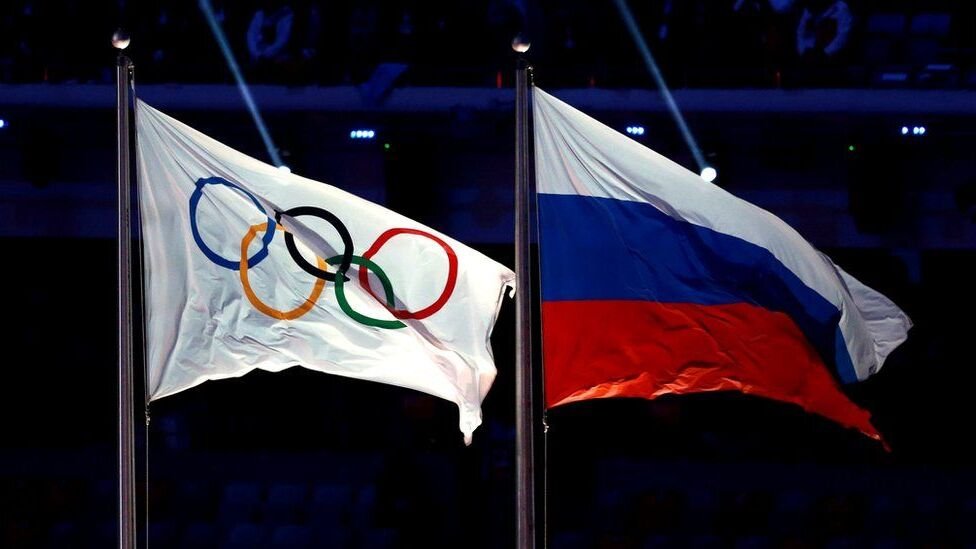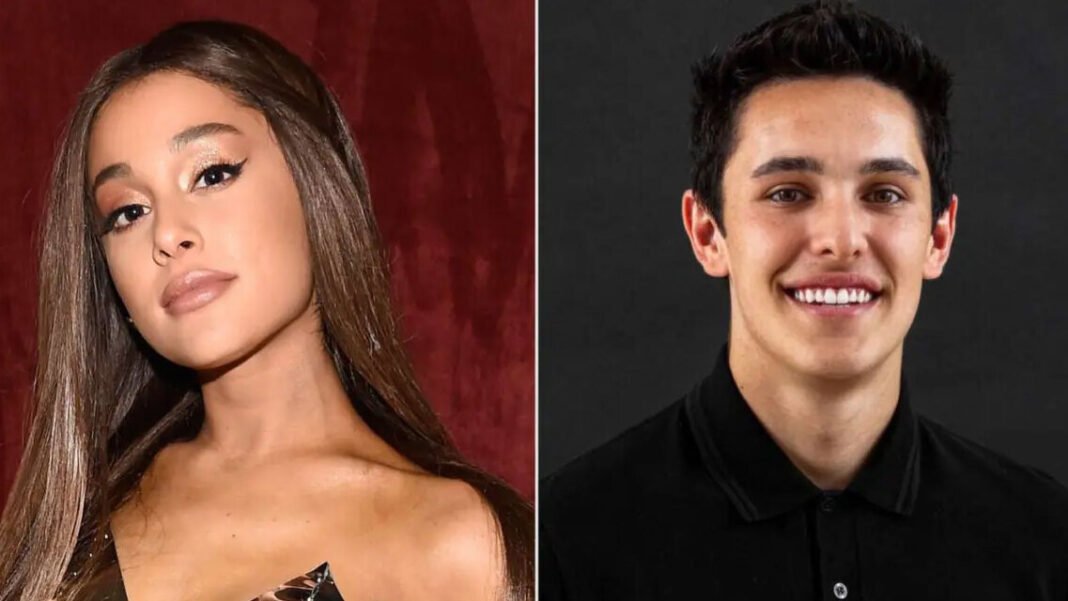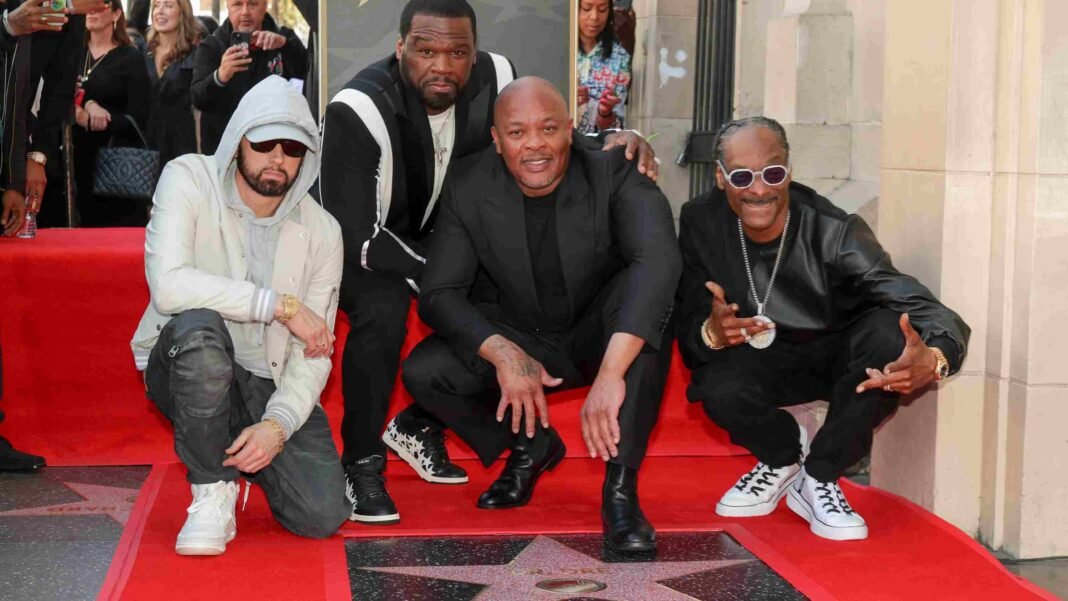Russian and Belarusian athletes will not participate in the opening ceremony of the 2024 Olympics in Paris, as confirmed by the International Olympic Committee.
The exclusion of athletes from both nations stems from Russia’s invasion of Ukraine in February 2022.
Nevertheless, individual athletes from Russia and Belarus who qualify for the Games will have the opportunity to compete as neutrals.
A decision regarding their involvement in the closing ceremony will be made at a later time.
Explaining the decision, the IOC stated that these athletes won’t partake in the opening ceremony “since they are individual athletes, but an opportunity will be provided to them to experience the event.”.
Currently, there are 12 individual neutral athletes holding Russian passports and seven holding Belarusian passports who have secured qualification for Paris 2024, out of the 6,000 quota places already allocated.
As part of the conditions for their participation in this summer’s Games in Paris, these athletes must compete without the display of flags, emblems, or anthems of their respective countries.
Meanwhile, the IOC denounced Russia’s proposal to host ‘Friendship Games’ as “a cynical attempt” to politicize sports.
Russia aims to hold the event in September this year, with another edition planned for 2026.
Describing the plan as a “blatant violation of the Olympic Charter,” the IOC emphasized its disapproval.
The original Friendship Games were initiated by the Soviet Union and eight other nations after they boycotted the 1984 Olympics in Los Angeles.
The IOC further criticized the Russian government’s approach, stating, “The Russian government has launched a very intensive diplomatic offensive by having government delegations and ambassadors, as well as ministerial and other governmental authorities, approaching governments around the world.”
Highlighting concerns, the IOC noted that this move by Russia disregards global anti-doping standards and compromises the integrity of competitions.
Moreover, the IOC warned of the potential exploitation of athletes for political purposes if they were compelled to participate in the Friendship Games.
Recently, at its meeting in Lausanne, Switzerland, the World Anti-Doping Agency (WADA) expressed apprehensions about unsanctioned multi-sport events.
WADA cautioned that the Friendship Games, not being conducted under the auspices of the World Anti-Doping Code, could jeopardize the health and fairness of athletes.




